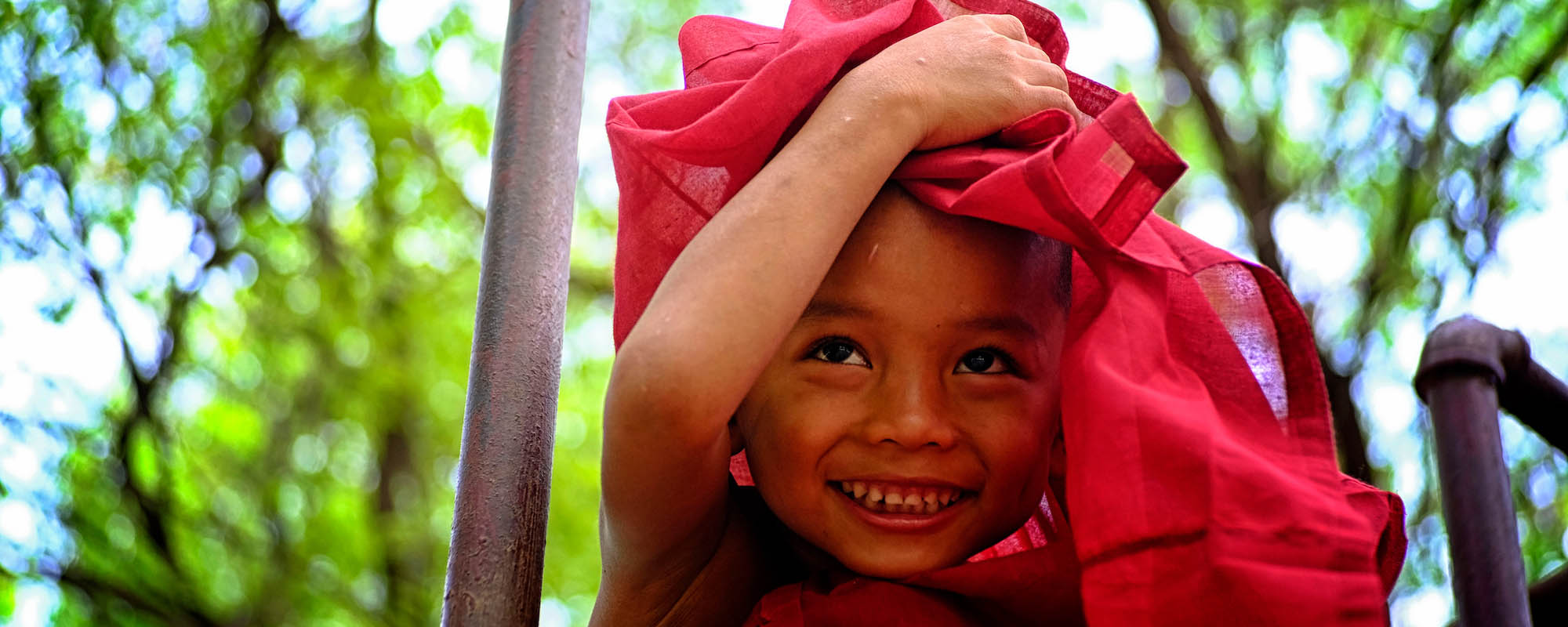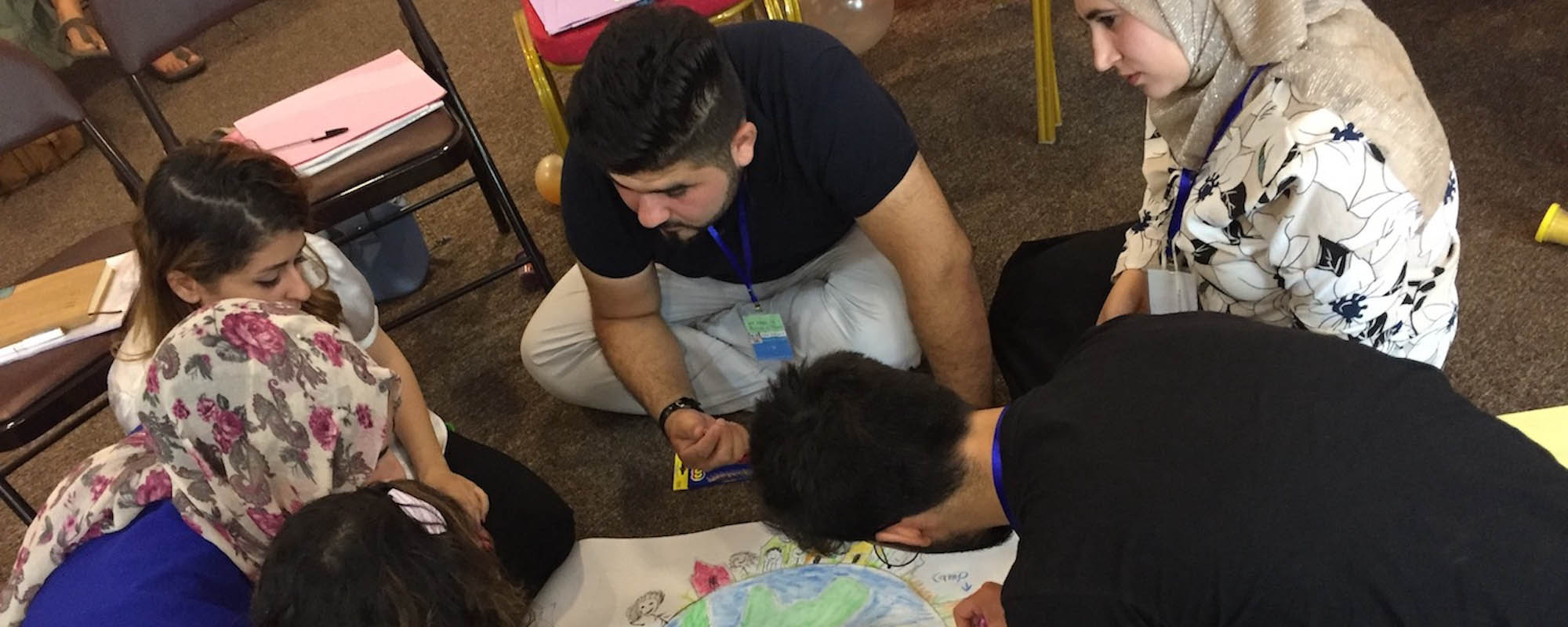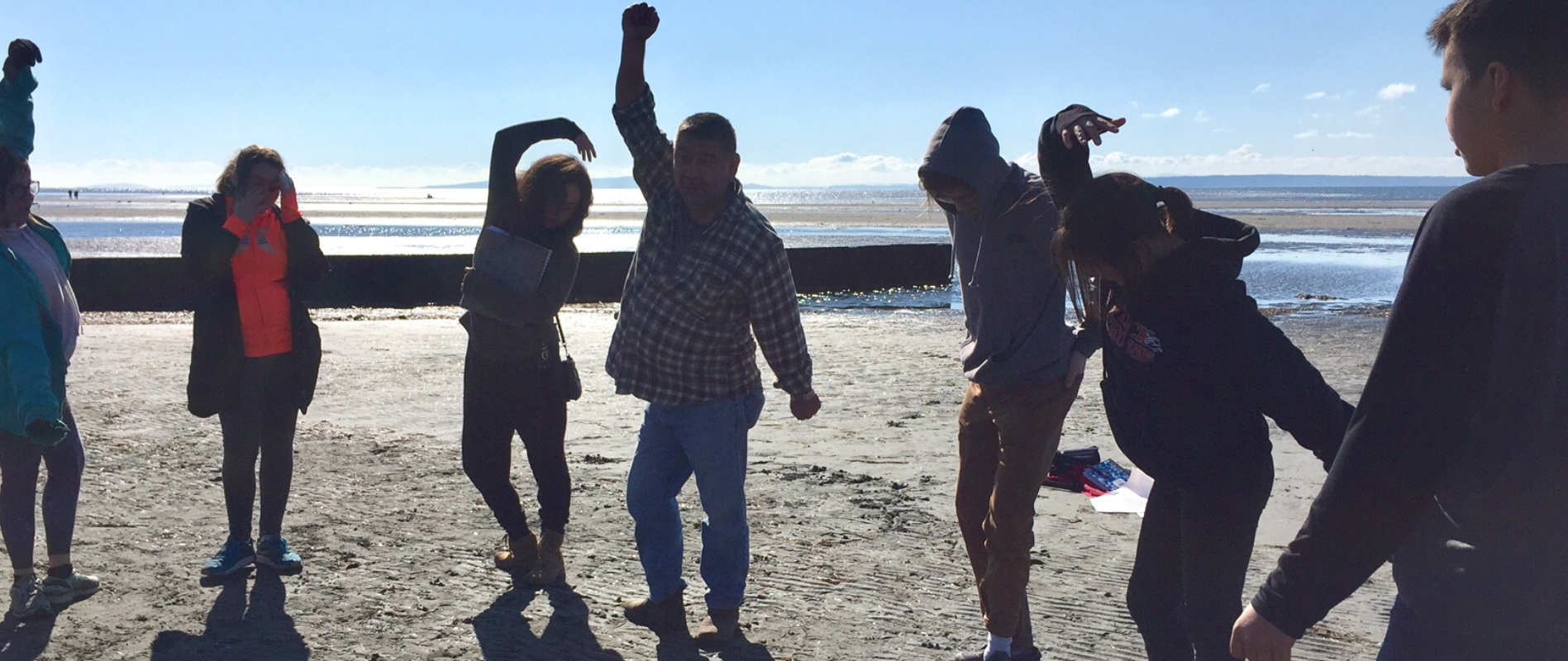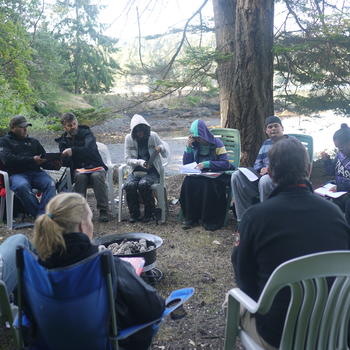
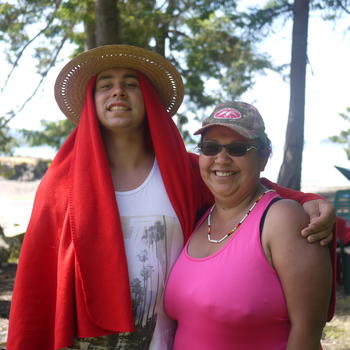
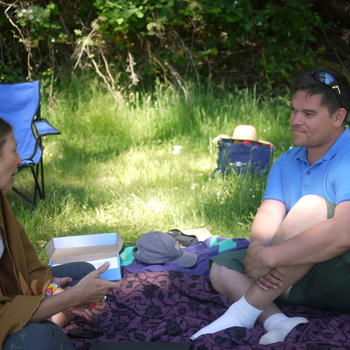
The Child Protection in Development (CPID) program - renamed YouLEAD is creating a cohort of 28 young Aboriginal leaders to strengthen child, youth and family services in Canada.
“The cohort training model has the potential for significant positive impacts at different levels,” says Michele Cook, International Institute for Child Rights and Development (IICRD) Capacity Director and Project Manager. “The cohort model provides an interactive setting for practitioners to grow their knowledge and skills while building communities and a sense of belonging.”
The program is drawing on the unique Learning and Teaching approach from IICRD's partner, Royal Roads University, where a cohort of peers provides the learning context for facilitating personal and professional transformation. The program uses a blended approach of face-to-face learning through innovative certificate courses, skill-based stamps and post-secondary degrees.
“The connections made through this program are huge,” notes Hannah Clifford, CPID participant. “The courses have been a big factor in creating these connections. I wanted some tips on how to use a tool that I learned in the Creative Approaches course. Through our on-line discussions, I got some extra support to facilitate the engagement tool. Since then, I have been using this tool with more than 150 youth from five communities across Canada. These connections are also helping me to support the Aboriginal Youth Workers Network which reaches 320 Aboriginal and Métis communities across British Columbia.”
The on-line communities of practice provide opportunities for intergenerational and international connections. Elder/Sulalewh in residence William White, Snuneymuxw posts reflections about “celebrating the joy and the teachings of our old people.” Cohort member, Laura Wright with partner organization Right to Play, shares promising practices for engaging youth from their international initiatives. Connections between cohort members support collaboration and personal discovery. Dawn Lindsay-Burns with Ministry of Aboriginal of Aboriginal Relations observes that this cohort has "one of the most active on-line groups that she has ever seen". As the program expands, notes Michele Cook, "IICRD will create more intentional linkages between Indigenous and international practitioners through interactive webinars and through modifying the CPID learning platform with cohort and partner feedback."
The cohort model can help practitioners to make sense of and shape their personal and professional experiences. The model can provide both the challenge to inspire learners to grow and the support they need to meet those challenges (NCSALL Adult Development Research Group, 2001). IICRD will need to continue to adopt multiple, creative approaches to meet the wide range of learners’ ways of knowing and their diverse needs. Course participant Jenoah Esquiro reflected that “if it had not been for Michele’s persistence in calling me, I would not be here today. I am feeling very grateful as this weekend has changed my life and changed my perspective on what it means to be First Nations.”

